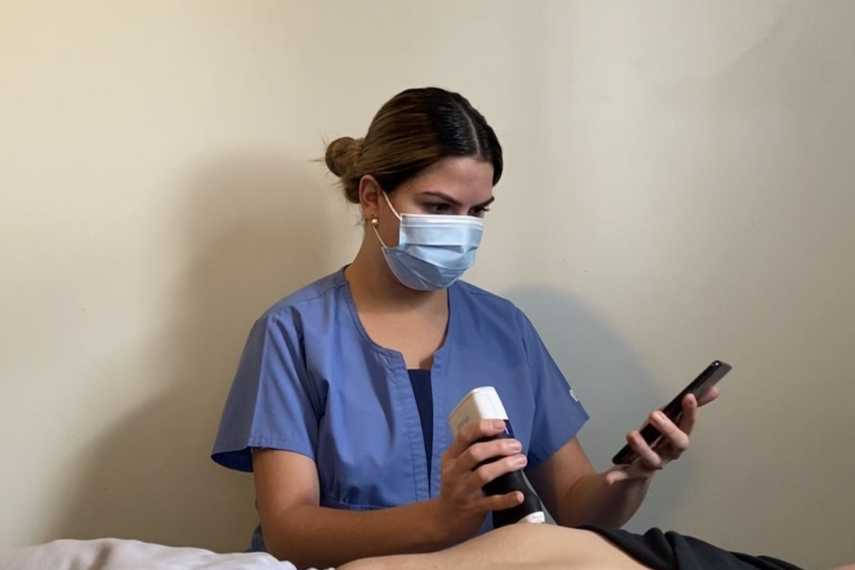
Artificial Intelligence Improves Screening Accessibility for Liver Disease
Researchers develop an automated method that can detect a prevalent liver disease at the primary care level.
A Global Health Concern

Researchers develop an automated method that can detect a prevalent liver disease at the primary care level.
A Global Health Concern

When people think of food, they think of farmers, grocery stores and restaurants, they don’t think of engineers. To celebrate Food Day Canada, we asked Dr. Kevin M. Keener, the Barrett Family Foundation Chair in Sustainable Food Engineering, to provide some insight into the relationship between engineering and the foods we enjoy. In response, Dr. Keener, shared the spotlight with a few of his students working in the Sustainable Food Systems Innovation Lab.
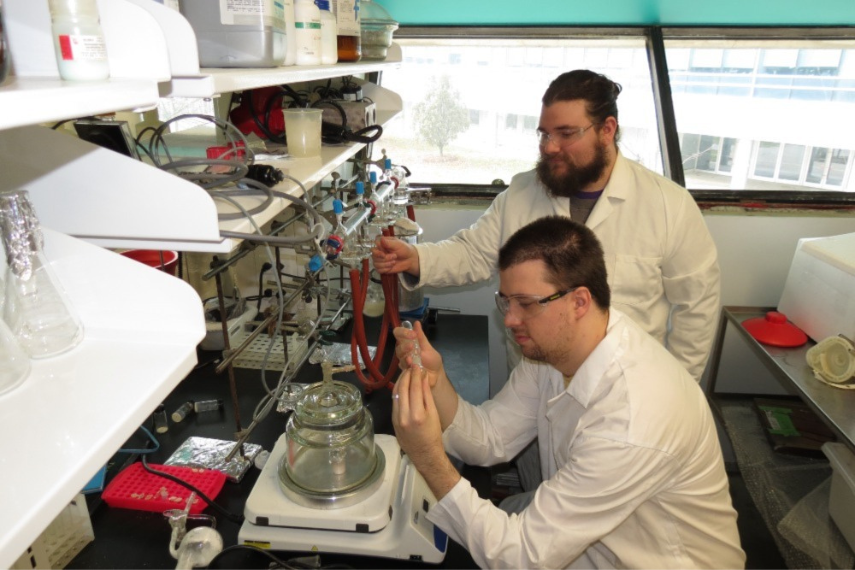
The production of key chemical compounds could aid in the development of new cancer therapies

The COVID 19 pandemic demonstrated a multitude of human behaviours that can drive the spread of disease. From mask-wearing, social distancing, vaccine hesitancy to pandemic fatigue. Government and health agencies struggled to keep up with policy, as the science and the population’s willingness to adopt changed.
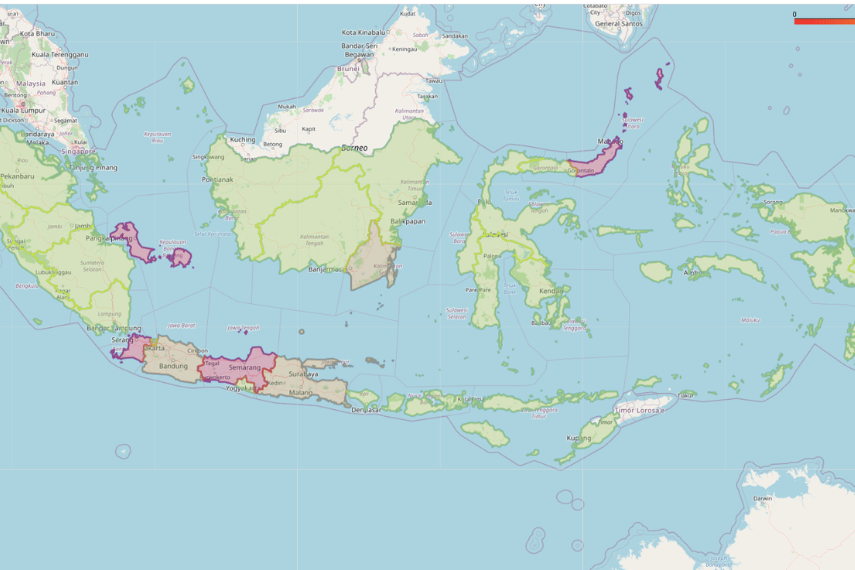
Don't underestimate the power of social media! Social media is no longer just a place for selfies and memes. Dr. Rozita Dara, from the School of Computer Science, has recently unlocked a fascinating use of Twitter that could change the face of disease surveillance and management. This new method involves the analysis of Twitter data, aiding in predicting disease trends and gauging public perception toward health policies.
A Leap in Public Health Management Through Machine Learning
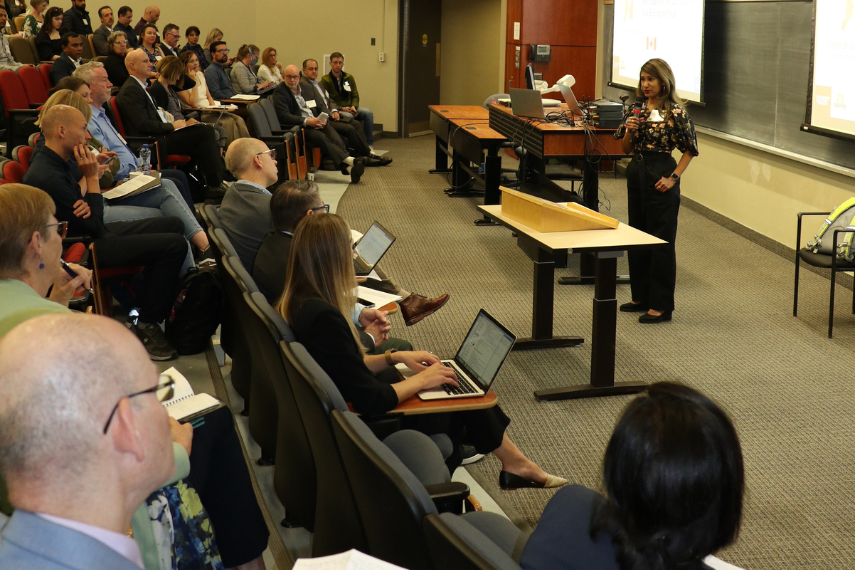
The University of Guelph co-hosted the first International Conference on Digital Innovation in Agri-Food with Wageningen University & Research (WUR, the Netherlands). The event attracted 130 attendees to campus from diverse backgrounds and sectors including technology, government, agriculture and food, NGOs, and researchers.
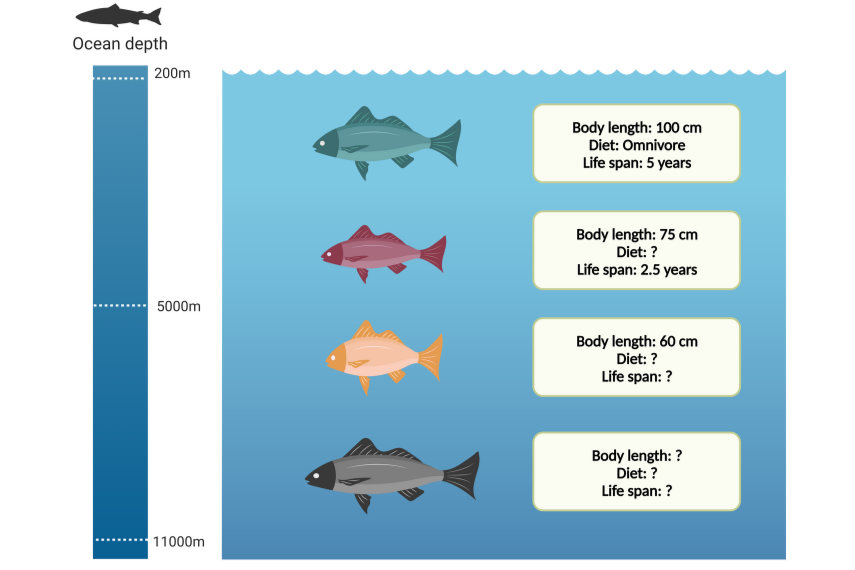
Researchers develop a strategy for analyzing incomplete data sets
Missing data is a common and challenging problem in a broad range of scientific studies. This is particularly true in the analyses of real-world data. For example, in the study of biological systems it is difficult to completely sample a population with a wide variety of traits (characteristics like body size, age and habitat). It is impossible to sample everything, and missing data is almost inevitable.

Meet Laney Beausoleil, a Mathematical Science student who is finishing up her 4th year at the University of Guelph. As an involved student on campus, Laney worked as a Teaching Assistant in the Math and Stats Learning Centre and as a Residence Assistant in Prairie and Lennox-Addington.

To help celebrate International Women in Engineering Day we asked Rylee Davison - 4th Year Biomedical Engineering student to share her story at U of G.
1 – When did you discover your passion for Engineering?

In celebration of International Women in Engineering Day, we connected with U of G engineering graduate Emily Nichols to hear her thoughts on being ‘one of the guys.’